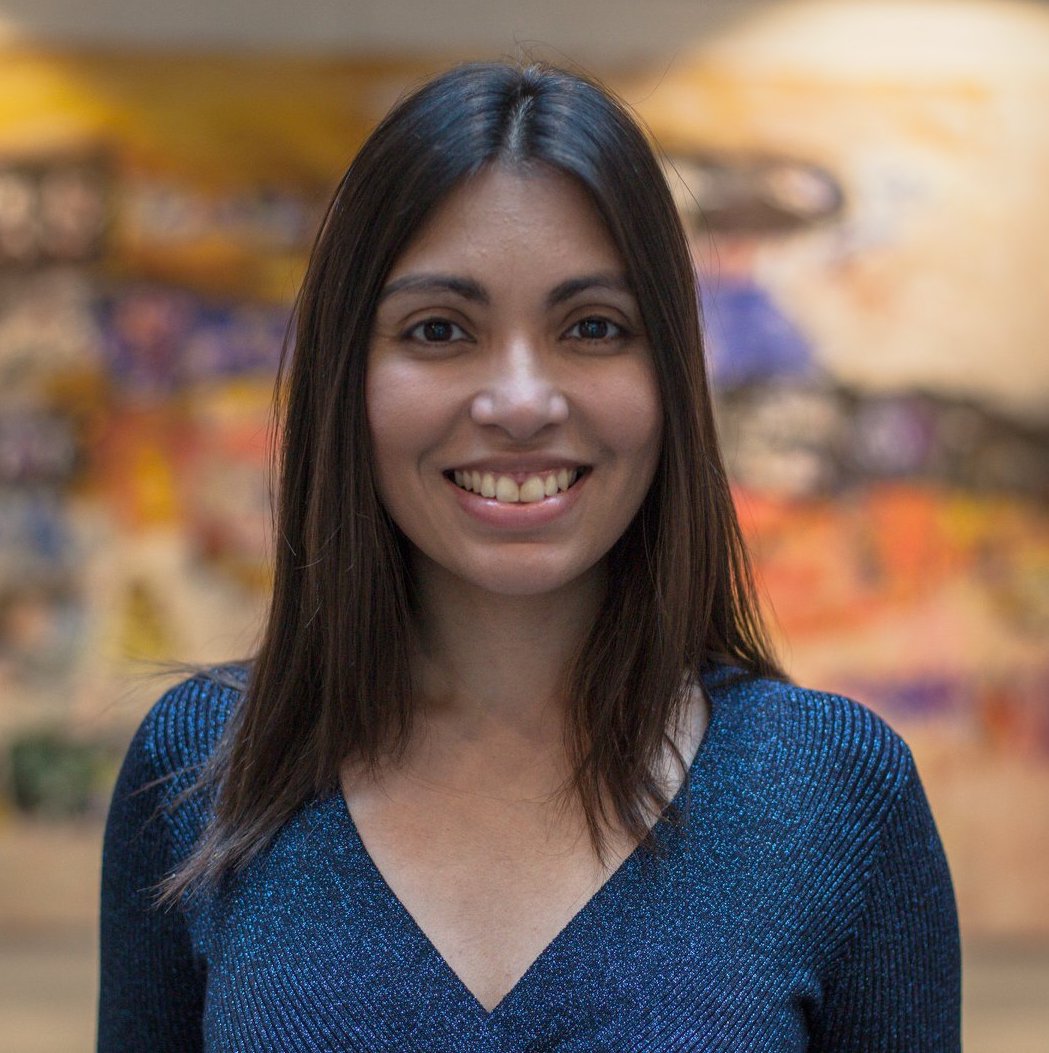
Sharmila Parmanand speaks at trafficking event on the sex workers rights movement in the Philippines.
Gates Cambridge Scholar Sharmila Parmanand spoke about the struggles of the sex worker rights movement in the Philippines at a Global Alliance Against Traffic in Women (GAATW) in Bangkok last week.
Sharmila [2016], who is doing a PhD in Multidisciplinary Gender Studies, was one of three speakers at the Rights, Rescue and Resistance: Gains and challenges in the global sex worker rights movement event on 27th June.
The event shared recent research on some of the current challenges – and successes – of the sex worker rights movement across the world and was linked to the latest issue of the journal Anti-Trafficking Review.
The organisers of the event say sex work has become conflated with human trafficking in the past two decades and that this has increased the marginalisation and stigmatisation of sex workers and led to violent intrusions by state and non-state actors in their lives. However, they say the movement for the decriminalisation of sex workers is growing, as is the sex worker rights movement.
Sharmila spoke about her research on sex workers, saying it is the first project in the Philippines where sex workers have been asked for their views specifically about how anti-trafficking interventions have affected them. She said the exclusion of sex workers from conversations about policies that affect them has allowed the conflation of sex working with trafficking, increased the stigmatisation and precarity of sex workers and fed criminalisation policies.
Sharmila described how the Philippine Sex Workers Collective were partners in her research and helped to shape her research questions.
She added that sex workers are disproportionately affected by the war on drugs because of the link in the public imagination between sex workers and drugs, which makes them easy targets for exploitation. Some of the sex workers she interviewed said that members of the police threatened to plant drugs on them if they refused to pay bribes or resisted arrest.
Nevertheless, Sharmila said there were some positive steps being taken to give sex workers more of a voice, including increasing links with student organisations and a project to bring out a book of sex workers' stories to counter the narrative that is often forced on them.
Watch the event here.
*Picture credit: Wikimedia commons. View of the city from across Manila Bay by Vanessa David from Makati, Philippines.

Sharmila Parmanand
- Alumni
- Philippines
- 2016 PhD Multi-disciplin Gender Studies
- Homerton College
My research projects interrogate how development and state interventions targeted at women in the global south reflect and shape their lived realities, with a focus on gender and international development, the politics of knowledge production, and feminist entanglements with the state on issues of human rights and women’s precarious labour.
Previous Education
University of Melbourne
Ateneo de Manila University












